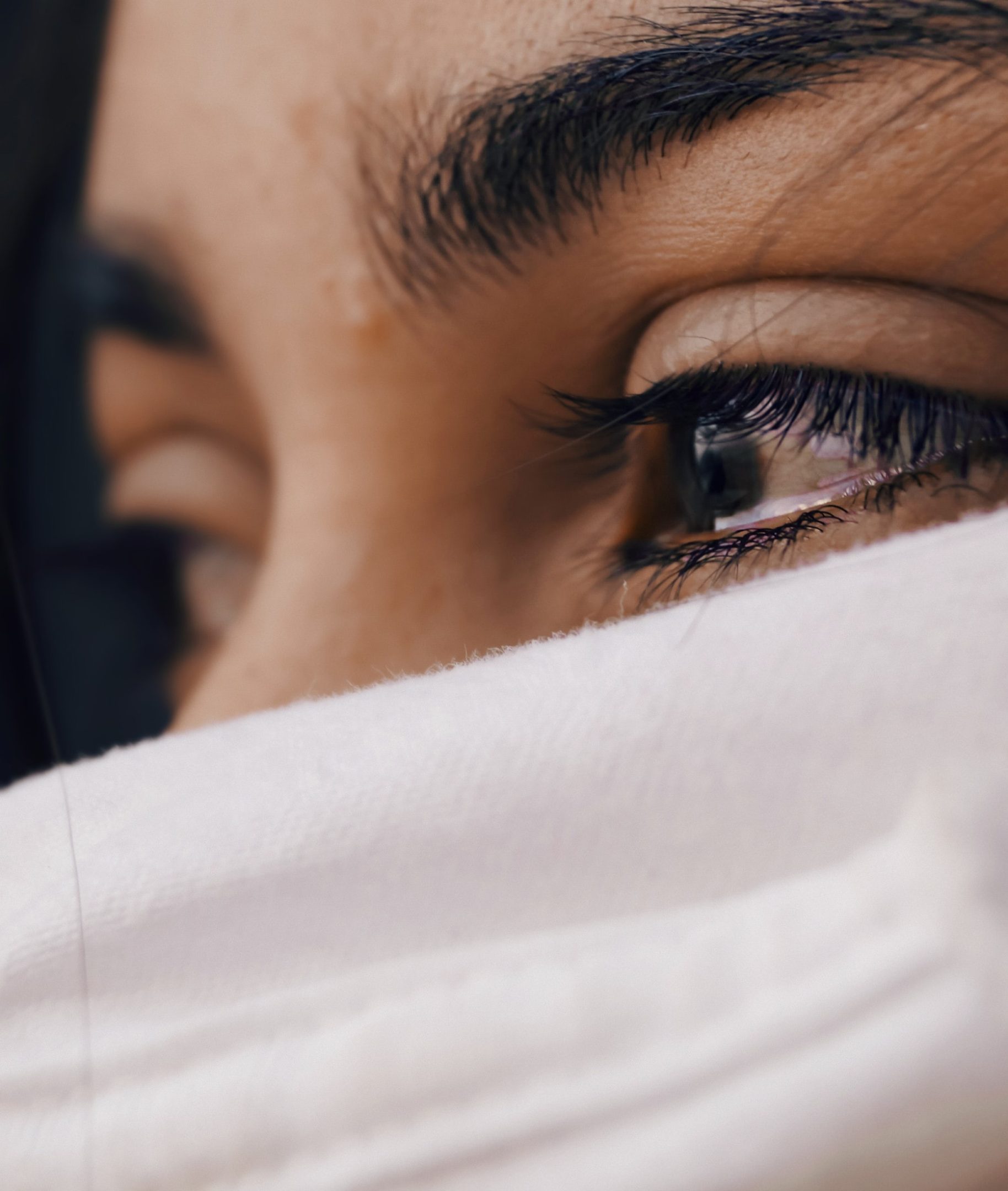Sexual Exploitation, Abuse and Harassment
Sexual exploitation, abuse and harassment (SEAH) in global health is widespread and becoming recognized, however, data is missing and SEAH still happens. The majority of perpetrators are men and the majority of victims of sexual exploitation and abuse are women.
Women health professionals are exposed to abuse from their colleagues, superiors, patients, patients’ family members, and others in the community. The severity and form of the problem for women health professionals varies in different contexts–particularly those in conflict and humanitarian contexts–but it is universal. Women health workers in all regions report work-related violence and harassment, with younger women, migrants and women from marginalized racial, caste or other groups particularly affected.
The impact of work-related SEAH in healthcare may include:
- Unsafe work environment.
- Workers (especially women) leaving the health sector and fewer professionals joining the job market
- Deterioration of physical and mental health of staff
- Increase in healthcare cost
- Deterioration of the quality care provided by the professionals

Our asks:
- SEAH can be prevented. The certainty of being revealed and caught is the strongest deterrent.
- Justice needs to be at the heart of any response, including taking a survivor/victim centered approach that prioritizes medical, economic, social, and legal support to those impacted, including any children born as a result of SEAH. Perpetrators should be held accountable and must also face legal consequences in addition to measures taken by organizations, such as contract termination and prevention from rehiring.
- Gender parity in leadership at all levels is critical to mitigating existing power imbalances and inequalities that foster an organizational culture that tolerates sexual exploitation, abuse, and harassment.
Our work on sexual exploitation, abuse and harassment in health
Published a report on ending sexual exploitation, abuse and harassment of women health worker
On August 2022, Women in Global Health launched the #HealthToo platform. Is a research project established to document the stories of women working in health who have experienced Sexual Exploitation, Abuse and Harassment (SEAH) in their place of work. Given the scarcity of SEAH data on women in the health sector, these stories will contribute to a body of knowledge to make this issue visible and drive reform to end it.
The report is the culmination of our #HealthToo research project and online platform and reveals the widespread problem of sexual violence and harassment experienced by women health workers. We analyzed women’s stories from 40 countries, in ten languages, and collected accounts through literature and partners from many other countries to contribute to the knowledge base on SEAH in health. The report details the experiences of women, in their own words, and sets out recommendations for bringing an end to SEAH in global health
Download report #HealthToo page
Convened 200 organizations to advocate for protections
On December 2021, Women in Global Health in partnership with Actions pour la Réinsertion sociale de la Femme, FEMNET, and more than 200+ civil society organizations (CSOs) across the globe have sent a letter to the World Health Organization (WHO). Calling for them to act now to prevent and eliminate all forms of sexual exploitation, abuse, and harassment (SEAH) in health.
Hosted regional town halls on prevention of and response to sexual exploitation, abuse and harassment in global health
On March 2022, Women in Global Health, with DRC-based CSO ARSF and the African feminist CSO, FEMNET, organized a successful CSO-led town hall, attended by representatives from World Health Organization, United Nations and other stakeholders. One of the recommendations highlighted was the need for regional town hall meetings and conversations with regional multilaterals and civil society organizations for in-depth engagement and collaborative work. Therefore, Women in Global Health is now hosting, in partnership with other CSOs, four regional town halls in selected regions where there are high numbers of humanitarian emergencies that expose communities to sexual abuse and harassment. Town halls will be hosted for East and Southern Africa, Francophone Africa, Southern America and Asia.
